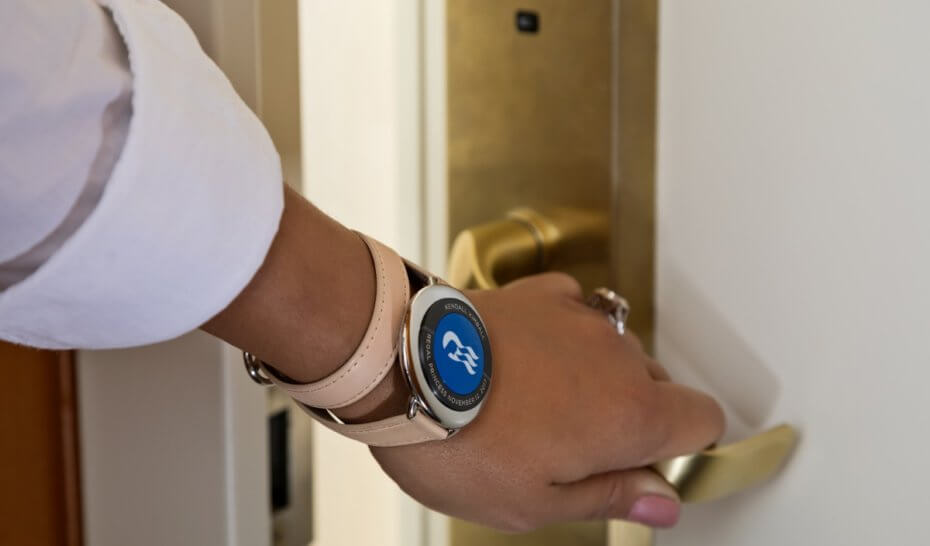
Carnival Corp. unveiled an ambitious plan to use its Ocean Medallion wearables and Ocean Compass Internet of Things Network earlier this month at CES 2017, the big tech trade show in Las Vegas. It was a very interesting example of a non-tech company embracing technology to provide consumers with ongoing experiences, rather than one-time products.
The wearables can do everything from unlocking your cabin door to allowing you to pay for drinks and receive them anywhere on the ship. One of key players behind that plan to install interactive systems and wearables on 100 cruise ships is The Experience Engine (TE2), a San Diego, Calif.-based company that creates experience platforms-as-a-service. I interviewed Scott Sahadi, CEO of TE2, about how they helped make the software behind the project happen.
“Consumers want this,” said Sahadi. “They want a better experience. Even if it’s a hospital, they want a better personalized experience. There’s a lot of complexity in making that happen in real-time.”
TE2 is about three years old and it was founded to bring personalization that connects the physical world and the digital world.
“We are trying to bring personalization to the physical world the same way that Amazon’s recommendations made ecommerce over the web much more personal,” Sahadi said. “We wanted to remove friction, create amazing experiences, and build a platform to do it.”
TE2 pitched its platform for use in places such as theme parks, buildings, stores, and cruise ships. Sea World in San Diego was TE2’s first customer. Marketers can look at a map of all the anonymized consumers using a wearable, and then exploit that data. If consumers are about to have a time-limited pass expire, then the marketer can offer that consumer a special deal to renew that pass. The marketer can do other things that help…

